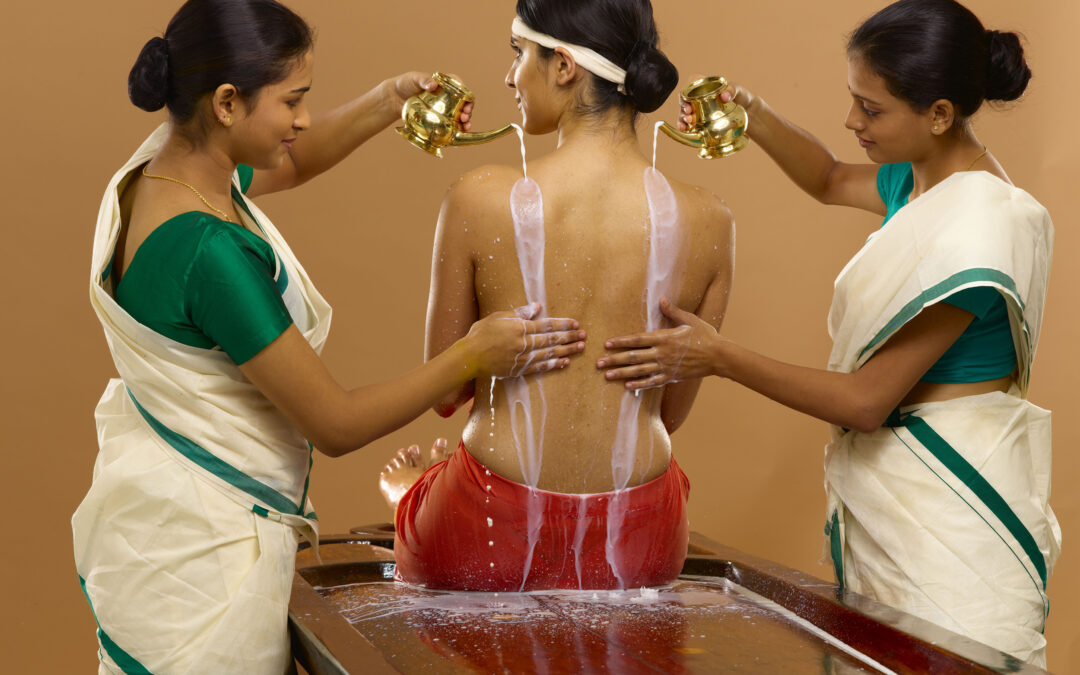What is Psoriasis?
Psoriasis is a skin condition characterized by red, inflamed, and scaly patches on the skin. It is not contagious and usually does not cause any pain or discomfort.
Psoriasis is a common chronic autoimmune disease that affects the skin. It can range from mild to severe cases of psoriasis. The condition typically develops in people between the ages of 15 to 40, but it can affect children as well as adults who are older than 40 years old.
Psoriasis is not contagious like a virus or bacteria. However, there are some types of psoriasis that can be passed on to other family members through genes or environmental factors such as smoking cigarettes and stress levels.
What is Eczema?
Eczema is a skin condition that causes itchiness and dryness of the skin. People who are suffering from eczema don’t have the normal protective layer of oil on their skin.
Eczema usually starts in childhood and it often goes away during adolescence. However, some people who had eczema as a child can experience flare-ups during adulthood. Eczema is not contagious and it cannot be caught by someone else.
People with eczema should avoid scratching, as this could cause the condition to become more severe or lead to other conditions such as infections or dermatitis (inflammation of the skin).
Diet – What to Avoid for Psoriasis & Eczema
Diet plays an important role in eczema treatment. Patients should always try to avoid the following:
- Dairy products- This includes milk, cheese, yogurt, and ice cream.
- Eggs- People with eczema should refrain from eating eggs and egg-based products such as omelets or ham sandwiches.
- Soybeans- Soybeans are rich in protein and contain some nutrients but they can also cause inflammation in the body which worsens eczema symptoms.
- Fish oils
- Deep-fried foods
- Spicy and masala foods
- Bakery foods
- Fermented foods
Panchakarma Treatment for Psoriasis & Eczema
Panchakarma treatments are a holistic approach to curing skin conditions. The word panchakarma is derived from five “karmas” or actions. Panchakarma includes the five actions of Antar kriya, vaman kriya, vasti, vastra dharana, and nauli.
Through the panchakarma treatment, there are many benefits that come with having reduced inflammation, improved circulation, and elimination of toxins that cause irritation. These benefits include a better quality of life and a quicker recovery time.

